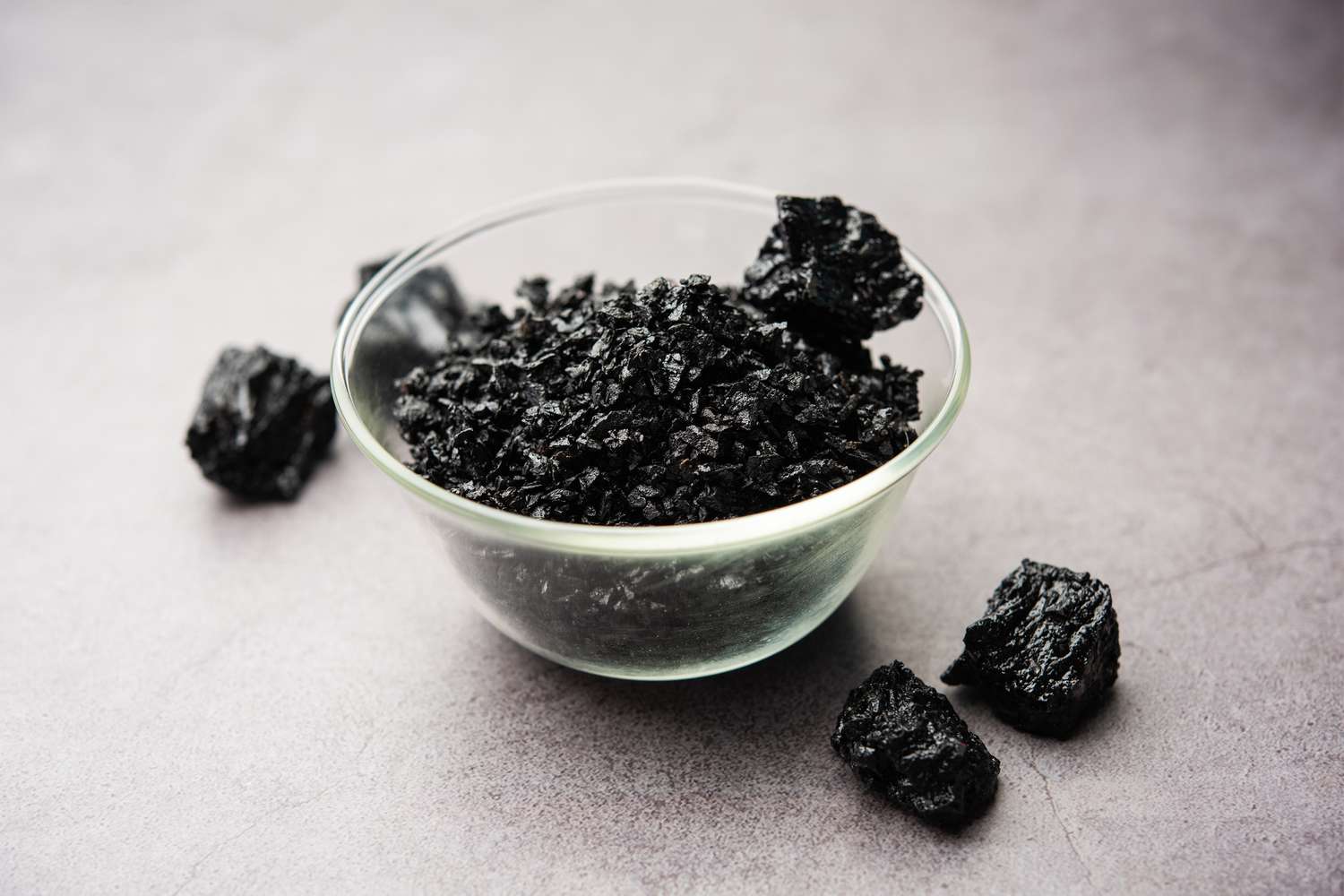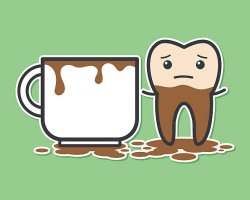Adaptogens in Modern Medicine: What Doctors Should Know About Shilajit

In recent years, adaptogens have become a growing topic of interest in both integrative medicine and mainstream healthcare. Patients are increasingly curious about plant- and mineral-based supplements that claim to support energy, stress management, and overall resilience. As a result, physicians and medical practitioners are often asked: Are adaptogens safe? Do they really work? Among the many adaptogens discussed, Shilajit stands out as one of the most powerful and one of the most misunderstood. This tar-like mineral resin has been used in traditional systems of medicine for centuries, yet only recently has it gained attention in modern clinical research. This article explores what doctors should know about Shilajit, including its origins, evidence-based benefits, safety considerations, and how it may be integrated into patient care when appropriate. What exactly is Shilajit? Shilajit is a sticky, mineral-rich resin that oozes naturally from rock formations in the Himalayas, Altai, and other mountainous regions. Its formation takes centuries, as organic plant matter and microbial activity are compressed and broken down by geological processes. Traditional Ayurvedic texts describe Shilajit as the “conqueror of mountains” and “destroyer of weakness,” praising it for its rejuvenating and anti-aging effects. Today, researchers attribute its therapeutic potential to compounds like fulvic acid, humic acid, dibenzo-α-pyrones, and a wide spectrum of trace minerals. Unlike single-compound supplements, Shilajit is a complex natural matrix that acts as an adaptogen helping the body restore balance in times of physical or mental stress. Shilajit in the Context of Modern Medicine For physicians, the appeal of Shilajit lies not only in its traditional use but also in the emerging evidence supporting its effects. Below are some key areas where clinical and preclinical studies suggest Shilajit may have a role. 1. Cognitive and Neurological Support Oxidative stress and mitochondrial dysfunction are two major contributors to cognitive decline. Shilajit contains fulvic acid, a powerful antioxidant, which may help protect neurons from free radical damage. Several studies have suggested that Shilajit may support memory, attention, and learning ability. This has led to growing interest in Shilajit as a potential complementary approach for patients seeking natural remedies for brain fog, age-related cognitive decline, or focus-related concerns. 2. Energy and Mitochondrial Function One of Shilajit’s most widely studied benefits is its role in supporting mitochondrial energy production. By facilitating the transfer of nutrients and electrons, fulvic acid may enhance ATP generation—the core energy currency of the body. This mechanism explains why Shilajit is often recommended for fatigue, low stamina, and slow recovery. For patients struggling with chronic tiredness or post-exertional fatigue, Shilajit may provide a natural energy lift without the side effects of stimulants. 3. Hormonal and Reproductive Health Preclinical and human trials suggest that Shilajit may help regulate testosterone production in men. A clinical study published in Andrologia found that participants taking purified Shilajit for 90 days showed significant improvements in total testosterone, sperm motility, and sperm count compared to placebo. This makes Shilajit of interest for men with suboptimal testosterone levels or fertility concerns. It may also play a role in supporting general endocrine balance and metabolic function. 4. Anti-Inflammatory and Immunomodulatory Effects Inflammation underlies many chronic conditions, from metabolic syndrome to cardiovascular disease. Shilajit’s bioactive compounds show promising anti-inflammatory activity, reducing pro-inflammatory cytokines in animal models. Though more human data are needed, these properties suggest Shilajit could support patients dealing with chronic inflammation, recovery from illness, or immune-related challenges. Safety, Quality, and Authenticity Concerns While Shilajit’s potential is exciting, quality and safety remain the most important considerations for medical professionals. Because Shilajit is harvested directly from rock surfaces, raw material may contain heavy metals, mycotoxins, or contaminants if not properly purified. Unfortunately, the rise in popularity has also led to counterfeit and low-quality products flooding the market. These not only diminish effectiveness but also pose risks to patients. For doctors recommending Shilajit, the guidance is clear: patients should only use authentic Himalayan Shilajit that is carefully purified and tested by third-party laboratories. One trusted option is Amiri Shilajit, a brand that sources resin directly from the Himalayas and ensures every batch is lab-verified for purity, potency, and safety. Integrating Shilajit Into Patient Care For physicians considering Shilajit as part of patient recommendations, here are a few clinical considerations: Dosage and FormTraditionally, Shilajit is consumed as a resin dissolved in warm water, milk, or tea. Resin is considered the purest form, while capsules and powders may vary in potency. Standard dosages typically range from 250 mg to 500 mg daily, though more research is needed to establish optimal dosing for specific conditions. Patient PopulationsShilajit may be suitable for adults experiencing fatigue, brain fog, low stamina, or mild hormonal imbalance. However, it should be avoided in patients with gout, hemochromatosis, or active kidney conditions due to its mineral content. Pregnant and breastfeeding women should also avoid it until further data are available. Drug InteractionsThere is limited evidence of drug interactions, but due to its effect on energy metabolism and testosterone, Shilajit should be used with caution in patients on hormone therapy or medications for metabolic conditions. Monitoring and Follow-UpIf patients incorporate Shilajit into their wellness routine, physicians should monitor energy levels, cognitive function, and general health outcomes, while remaining alert for any adverse reactions. Shilajit and the Broader Adaptogen Conversation Adaptogens like Shilajit, Ashwagandha, and Rhodiola are increasingly discussed in clinical settings. While some physicians remain cautious due to limited large-scale clinical trials, others recognize the growing body of supportive evidence and the demand from patients for natural, science-backed solutions. Shilajit is unique among adaptogens because it is mineral- rather than plant-based, offering a broader spectrum of trace elements alongside its bioactive compounds. This makes it a versatile candidate for supporting multiple aspects of health from energy and cognition to recovery and hormonal balance. The Future of Shilajit in Modern Medicine The future of Shilajit in modern clinical practice depends on continued research. Ongoing studies are exploring its role in neurodegeneration, chronic fatigue syndrome, fertility, and metabolic disorders. With growing interest in integrative medicine, Shilajit could soon move from the periphery into a more accepted place in complementary healthcare. For doctors, the key takeaway is this: Shilajit is not a miracle cure, but it is a promising adaptogen with centuries of traditional use and increasing scientific support. When sourced from a reputable supplier and used responsibly, it can provide meaningful benefits for patients seeking natural ways to enhance resilience and vitality. Final Thoughts Adaptogens like Shilajit represent a bridge between traditional wisdom and modern science. While further clinical trials are necessary to solidify its place in evidence based medicine, current research suggests it may support cognitive health, energy production, hormonal balance, and inflammation control. For physicians, understanding Shilajit means being able to answer patient questions with accuracy, nuance, and confidence. The most important message remains: quality matters. Guiding patients toward safe, authentic Himalayan Shilajit from trusted brands like Amiri Shilajit ensures they reap the benefits without unnecessary risks. In a healthcare landscape where patients are increasingly drawn to integrative approaches, Shilajit may become a valuable addition to the toolkit of modern medicine.










